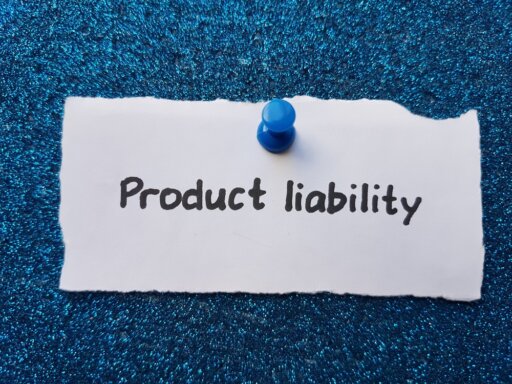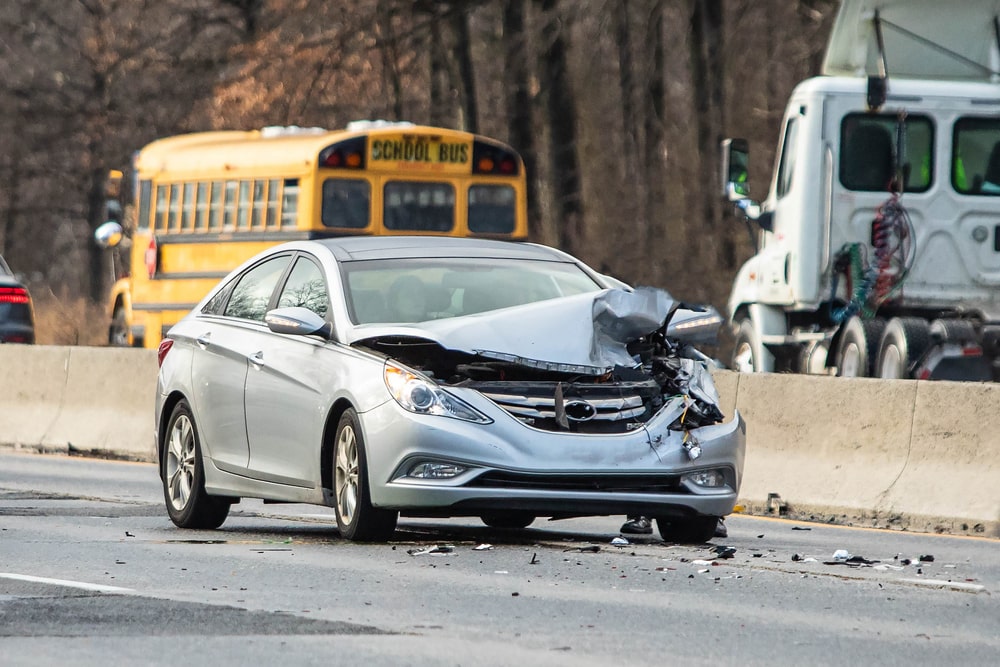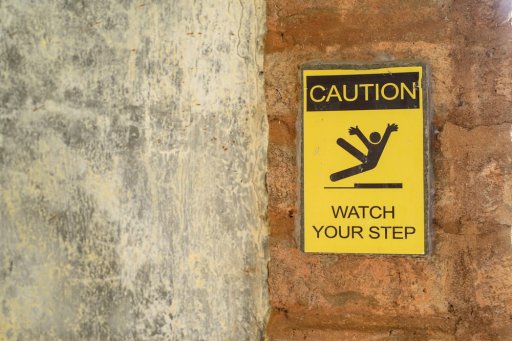Personal injury claims are legal disputes. They arise when one person suffers harm from an accident or injury, and someone else is legally responsible for that harm.
People file these claims under a variety of circumstances. They include automobile accidents, slip and fall incidents, and medical malpractice.
In this blog, we’ll discuss the seven most common personal injury claims in Florida and when to seek legal assistance.
What are Personal Injury Claims?
Personal injury claims are legal actions initiated by an individual (the plaintiff) who has been injured due to the negligence of another person or entity (the defendant).
Personal injury lawsuits allow the plaintiff to seek financial compensation for damages. These damages can be tangible, such as medical bills and lost income. They can also be intangible, such as pain and suffering or emotional distress.
Personal injury lawsuits are civil, not criminal, which means the defendant won’t face jail time or criminal charges. Instead, if found responsible, the law will require the defendant to provide monetary compensation for the plaintiff.
What are the Most Common Personal Injury Claims Filed in Florida?
These are the most common personal injury claims filed by plaintiffs in the Sunshine State:
-
Car accidents
Car accidents are the most common type of personal injury claim in Florida. In 2022, there were over 500,000 car accidents in the state, resulting in over 20,000 injuries and 3,000 deaths.
After a car accident, the injured individual may be entitled to compensation. The at-fault party’s insurance company usually covers these costs, but they may attempt to minimize their payout.
Because of this, it’s important for victims to hire a personal injury attorney. An injury attorney can advocate on their behalf, gather necessary evidence, establish the negligence of the at-fault driver, and ensure a fair settlement.
-
Slip and fall accidents
Slip and fall cases fall under the category of “premises liability” in personal injury claims. These occur when a property owner or custodian neglects to maintain their premises, which causes injury.
For a slip and fall case to be successful, the injured party must prove the property owner knew about the danger and failed to rectify it.
Compensation in slip and fall cases can cover medical bills, lost wages, and pain and suffering, among other things.
-
Medical malpractice
Medical malpractice personal injury claims arise when a healthcare provider deviates from the standard of care and harms a patient, as a result.
These cases involve errors such as misdiagnosis, inappropriate treatment, surgical mistakes, or negligence in aftercare or health management.
For medical malpractice claims to be successful, the plaintiff must demonstrate that there was a breach in the practitioner’s duty of care, and that it resulted in the patient’s injury.
As with slip and fall cases, compensation in medical malpractice claims can cover medical expenses, loss of earnings, and more.
That said, not every medical injury is medical malpractice. As such, it’s smart to have an attorney evaluate the facts of your situation to find out if you have a case.
-
Dog bites
Dog bite personal injury claims occur when a dog injures another person.
The laws governing dog bite cases vary depending on jurisdiction. Some places enforce strict liability while others operate on the ‘one-bite‘ rule.
In strict liability jurisdictions, a dog owner may be liable for any injuries their dog causes, regardless of the owner’s knowledge of the dog’s propensity for aggression.
In ‘one-bite’ rule jurisdictions the victim must prove that the owner knew about the dog’s dangerous tendencies.
Compensation in dog bite cases generally covers medical expenses, lost wages, and pain and suffering.
-
Workplace accidents
Workplace accidents result from unsafe working conditions, negligence, or failure to adhere to safety regulations.
Examples include falls, accidents involving machinery, exposure to harmful substances, and repetitive strain injuries.
For a successful workplace accident claim, the injured party needs to prove that the employer breached their duty of care. This may include failing to provide adequate training or safety equipment. They must also prove that the breach caused the injury.
Compensation in workplace accident claims can cover medical expenses, rehabilitation costs, lost wages, and pain and suffering. The law usually requires employers to carry workers’ compensation insurance to cover such claims.
-
Product liability

There are three main types of product liability claims:
-
Design defects. A design defect claim argues that a product is inherently dangerous due to its design, even if manufactured correctly.
-
Manufacturing defects. A manufacturing defect claim, on the other hand, contends that the product’s design is safe, but something went wrong in the production process that made it unsafe.
-
Failure to provide adequate warnings or instructions. Failure to provide adequate warnings or instructions claims center around the idea that the product was not accompanied by sufficient information to ensure safe use.
In a product liability claim, the injured party must prove that the product was defective or unreasonably dangerous. They also must prove they were using the product correctly and that the defect was the direct cause of their injury.
Compensation in product liability cases can cover medical bills, lost income, property damage, and pain and suffering.
-
Nursing home abuse and neglect
Nursing home abuse and neglect claims arise when residents of nursing homes experience physical abuse, emotional abuse, neglect, or financial exploitation.
There are currently several recognized forms of nursing home neglect:
-
Medical neglect (failure to provide necessary medical treatments)
-
Basic needs neglect (failure to provide adequate food, water, or a safe environment)
-
Personal hygiene neglect (failure to assist with washing, dental care, laundry, etc.).
Nursing home abuse, on the other hand, can take many forms, including physical abuse, emotional abuse, sexual abuse, and financial exploitation. According to one survey of 577 nurses and aides in long-term care facilities, 81% of the staff witnessed emotional elder abuse, and 40% committed emotional abuse at least once.
Just like product liability claims, nursing home abuse and neglect cases are complex. They often involve a detailed investigation and expert testimony. Thus, it is recommended to seek legal representation from attorneys experienced in this specialized field.
Why You Need an Attorney to Help With Personal Injury Claims
Engaging the services of a personal injury attorney is essential when it comes to personal injury claims.
An experienced attorney can help establish negligence, gather and present relevant evidence, negotiate with insurance companies, and advocate for clients in court.
Without professional legal representation, victims may end up accepting unfair settlements. They may also overlook potential sources of compensation, which can impact the victim’s ability to recover and get back to life as usual.
If you’ve been injured and need to file a personal injury claim, you’re not alone. Contact Ward & Barnes today to learn more about our team and how we can help you.




